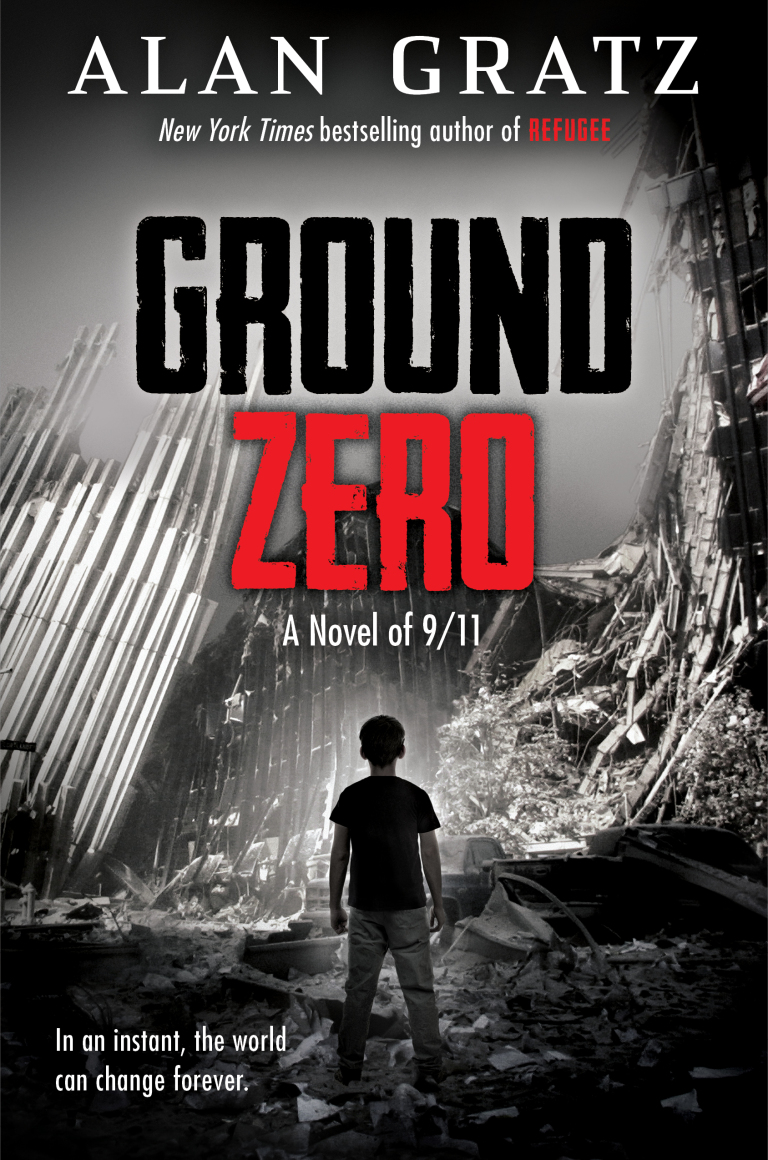
Grenade
Book Description
A boy’s fight for survival explodes in the chaos of World War II, where courage is measured in split seconds and explosive decisions. As tensions mount in the Pacific, two unlikely heroes—an American soldier and a Japanese boy—navigate their harrowing journeys filled with sacrifice, friendship, and the weight of war. Each gripping moment draws them deeper into a world of unimaginable choices, where loyalty is tested, and the line between enemy and ally blurs. Can they find their way through the carnage, or will they be consumed by the flames of conflict? What happens when survival means turning the enemy into a friend?
Quick Book Summary
"Grenade" by Alan Gratz plunges readers into the final harrowing days of World War II on Okinawa, where lives hang in the balance and humanity faces its toughest tests. The story follows Hideki, a Japanese schoolboy, and Ray, a young American Marine, each thrust into the chaos of combat. Both grapple with fear, loyalty, and the struggle to survive as they confront the brutality of war and their own evolving perceptions of the "enemy." When Hideki is handed two grenades and told to fight to the death, his path unexpectedly converges with Ray’s amid the devastation. Through their intertwining stories, Gratz explores courage, the blurred lines between friend and foe, and the wrenching choices forced by conflict. Ultimately, "Grenade" is a powerful testament to the human spirit and the bonds forged in adversity.
Summary of Key Ideas
Table of Contents
Coming of Age in War
As the Battle of Okinawa unfolds, Hideki Kaneshiro, a thirteen-year-old Okinawan boy, is abruptly recruited into the Japanese army. Given only two grenades—one for the enemy and one for himself—he is forced from the innocence of youth into a brutal, adult world where survival often means acting against his morals. His journey begins in confusion and fear, but as he encounters the horrors of war firsthand, his resolve is tested in ways he never imagined.
The Blurred Line between Enemy and Friend
Simultaneously, Ray Majors, a young American Marine, storms the shore of Okinawa with his unit. Raised with certain fears and prejudices about the Japanese, Ray faces the grim realities of combat, witnessing friends fall and grappling with his own doubts about the purpose and righteousness of the war. The violence and destruction he sees challenge his assumptions, leading him to question what makes someone an enemy.
War’s Impact on Innocents
Throughout their separate paths, both Hideki and Ray experience profound loss and struggle with guilt and trauma. For Hideki, the devastation of his homeland and the separation from his family force him to confront the true cost of loyalty and the consequences of blindly following orders. For Ray, every encounter with Okinawan civilians prompts new questions about compassion and the devastating impact of war on noncombatants, especially children who have had no say in the conflict.
Courage and Sacrifice Under Pressure
Their stories ultimately collide in an unforgettable confrontation where choices must be made in an instant. In the heat of battle, neither boy remains who he was at the start. Forced to rely on their instincts and newfound empathy, Hideki and Ray find themselves questioning everything they have been taught about honor, survival, and the enemy. Their interactions—charged with fear yet tinged with understanding—expose the humanity that persists even in the darkest circumstances.
Searching for Humanity Amid Chaos
Alan Gratz masterfully weaves together themes of empathy, sacrifice, and the loss of innocence, inviting readers to see the world through the eyes of two boys on opposite sides of a brutal conflict. "Grenade" challenges conventional narratives of war, emphasizing that courage often means choosing mercy over violence. The novel’s emotional climax reveals that true heroism is measured not by the enemies defeated but by the bridges built in the midst of chaos.
Download This Summary
Get a free PDF of this summary instantly — no email required.





